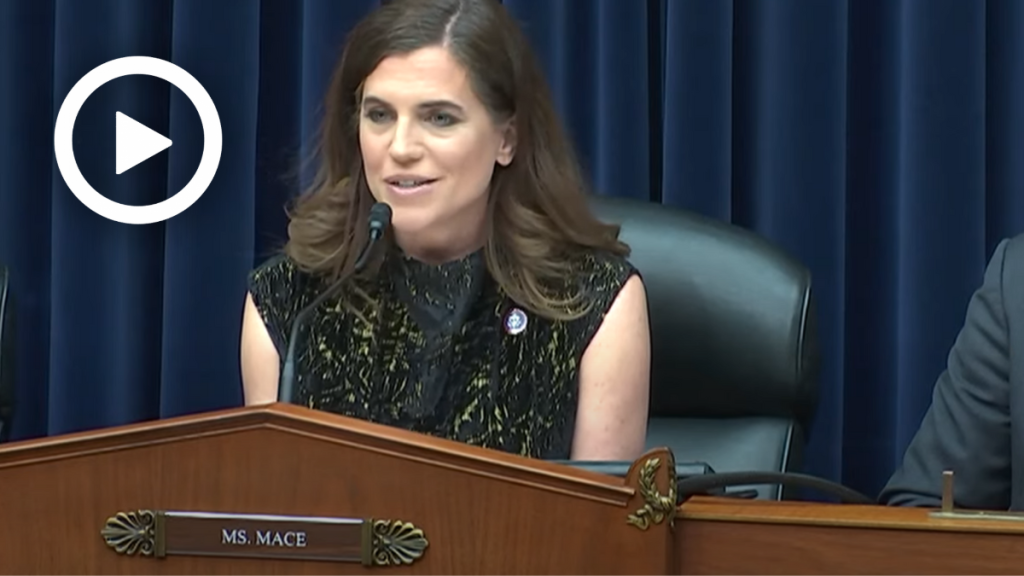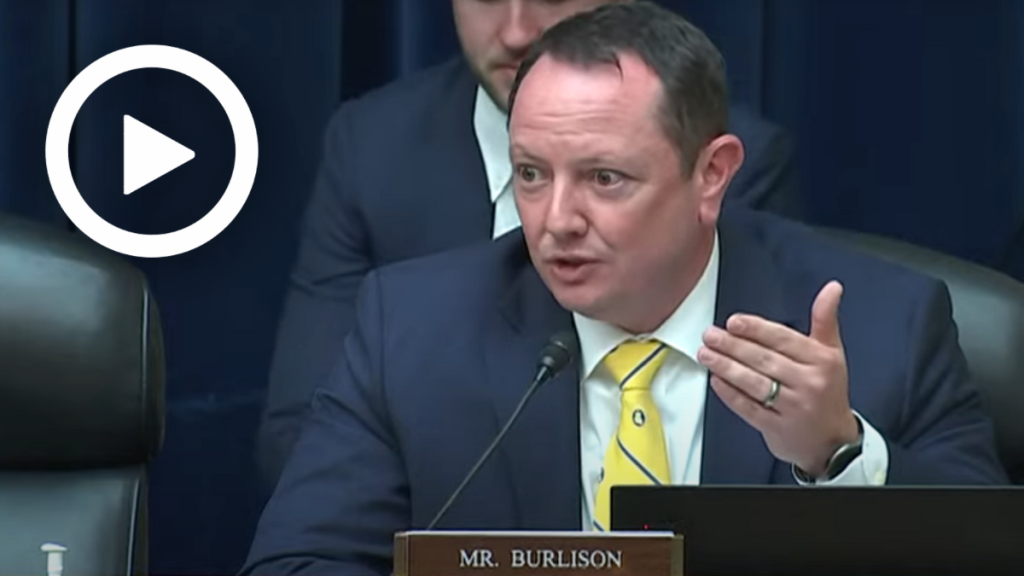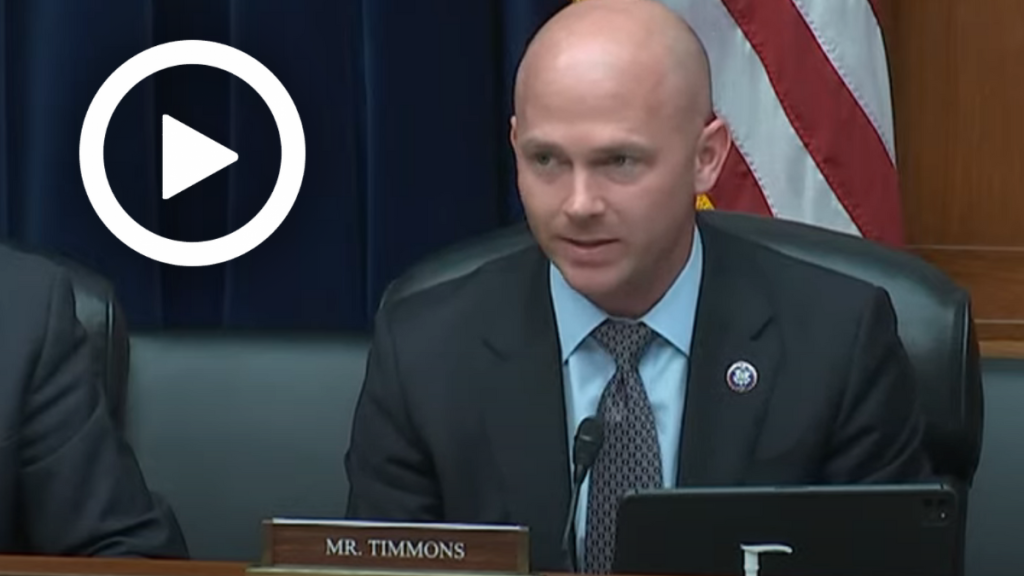Hearing Wrap Up: Artificial Intelligence Poses Great Risks but Safe Integration Will Yield Positive Results
WASHINGTON — The Subcommittee on Cybersecurity, Information Technology, and Government Innovation held a hearing yesterday titled “Advances in AI: Are We Ready For a Tech Revolution?” Subcommittee members discussed with experts ways in which artificial intelligence can and will be practically applied across industries and the risks and rewards it poses to the public. Republicans inquired how guardrails can be implemented to manage the social, moral, and ethical dilemmas surrounding AI while making sure innovation will not be stifled by government overreach and inaction.
Key Takeaways:
Artificial intelligence is ingrained in many aspects of our daily lives and is one of the great technology revelations of our time. With the power of AI comes great responsibility.
- Dr. Aleksander Mądry—Director, MIT Center for Deployable Machine Learning and Cadence Design Systems Professor of Computing—outlined how AI usage will spread across society as it becomes increasingly accessible to the public: “AI is no longer confined to research labs, the genie is out of the bottle. The key factor that has made recent AI tools so popular is the accessibility. Tools like ChatGPT can be directed using simple language commands…no AI expertise required. As the barrier to adopting AI gets lower and lower, AI will spread across our economy and our society. We are at an inflection point of what the future of AI will bring.”
Quantum computation is a powerful tool used to make AI more accurate and effective.
- Dr. Scott Crowder—Vice President, IBM Quantum, and CTO, IBM Systems, Technical Strategy and Transformation—spoke on the role that quantum computational tools will play as the widespread adoption of artificial intelligence continues to increase: “One primary reason quantum computing can benefit artificial intelligence is because it uses a different method to find patterns in data. For example, in fraud detection, a quantum algorithm may be better at detecting true fraud and reducing false positives. Put simply, quantum will be another computational tool to improve AI results.”
America must lead in harnessing and implementing artificial intelligence technology to combat the future prospect of AI-based threats from foreign adversaries.
- Dr. Eric Schmidt—Chair, Special Competitive Studies Project—explained how the U.S. must lead in artificial intelligence in the coming race with hostile foreign nations like China to utilize this powerful software: “Can you imagine technology that imbues how we think, how we teach, how we entertain and how we interact with each other, imbued with Chinese values, not American values. Not the values and rules that we have in our democracy. It’s chilling. The most important thing to understand is that we need to win because we want America to win.”
Member Highlights:
Chairwoman Mace (R-S.C.) discussed the balance of unleashing the power of AI capabilities in a safe way while being sure that government red tape does not get in the way of technological progress.
Chairwoman Mace: “How can we ensure that AI technology is developed in a way that is safe, transparent, and beneficial for society without stifling innovation?”
Dr. Schmidt: “I come back to a much simpler formulation: let American ingenuity, American scientists, the American government and American corporations invent this future and we’ll get something pretty close to what we want. Then [the government] can work on the edges where you have misuse.”
Rep. Eric Burlison (R-Mo.) discussed the potential threats that bad actors pose with the capabilities presented in artificial intelligence now and in the future.
Rep Burlison: “Given the state of the size and scope of the equipment that’s necessary today, we are limited to what actors do have the ability to use AI, is that correct?”
Dr. Schmidt: “I can assure you it’s coming…I would expect us to see terrorists, other bad actors begin to use this technology in ways that we should anticipate.”
Rep. William Timmons (R-S.C.) noted the potential positive impacts on accuracy and efficiency that AI integration could have on the U.S. workforce.
Rep. Timmons: “What are the most promising use cases for AI as a tool in the workforce and how do you anticipate AI will influence industries?”
Dr. Crowder: “There’s lots and lots of applications. I think we need to look at AI as augmenting what humans can do, as opposed to replace. Good utilization of AI is to make our workforce more efficient. I would argue one of the things we do a good job of in the United States is funding basic science, but we also need to look at how do we encourage our workforce to use the technology and not just develop the technology.”


